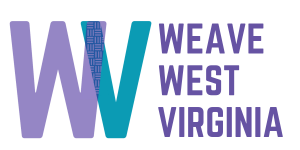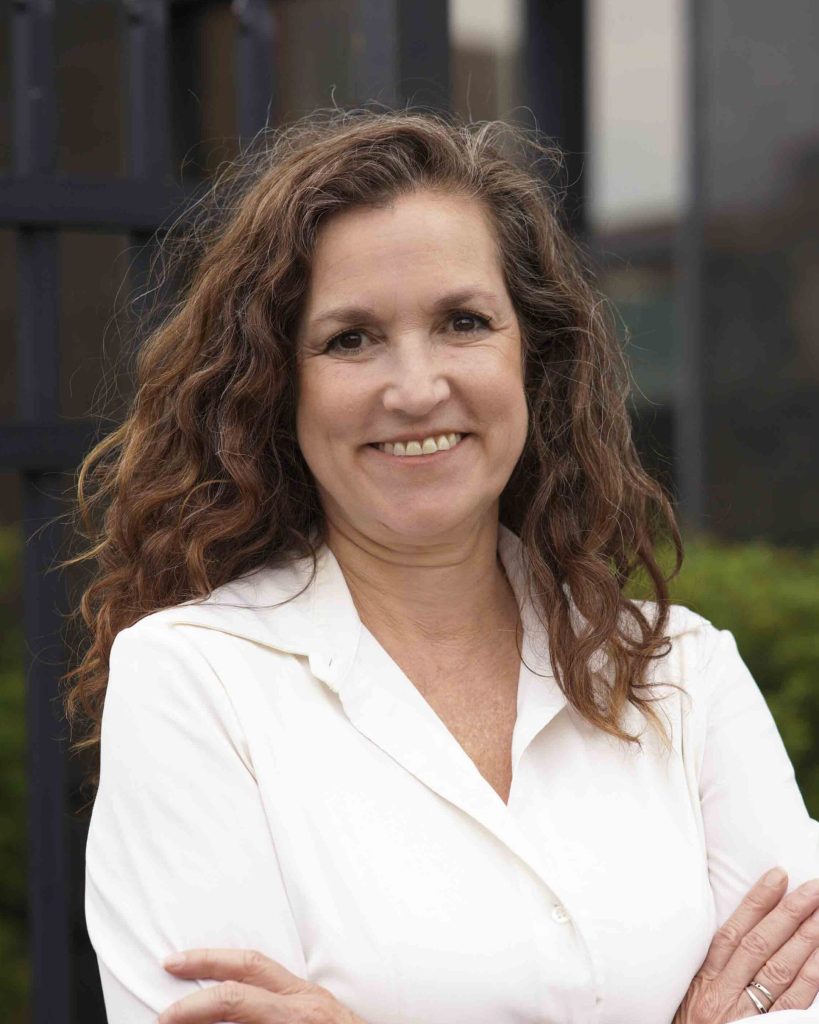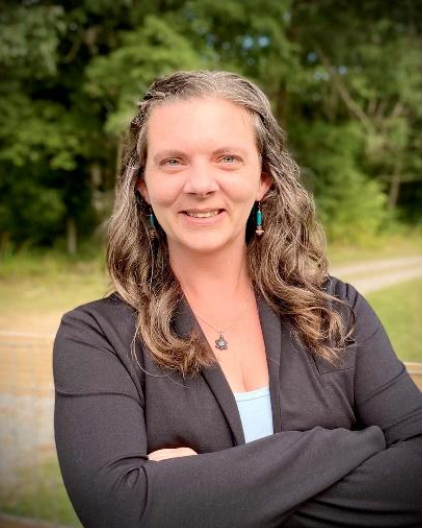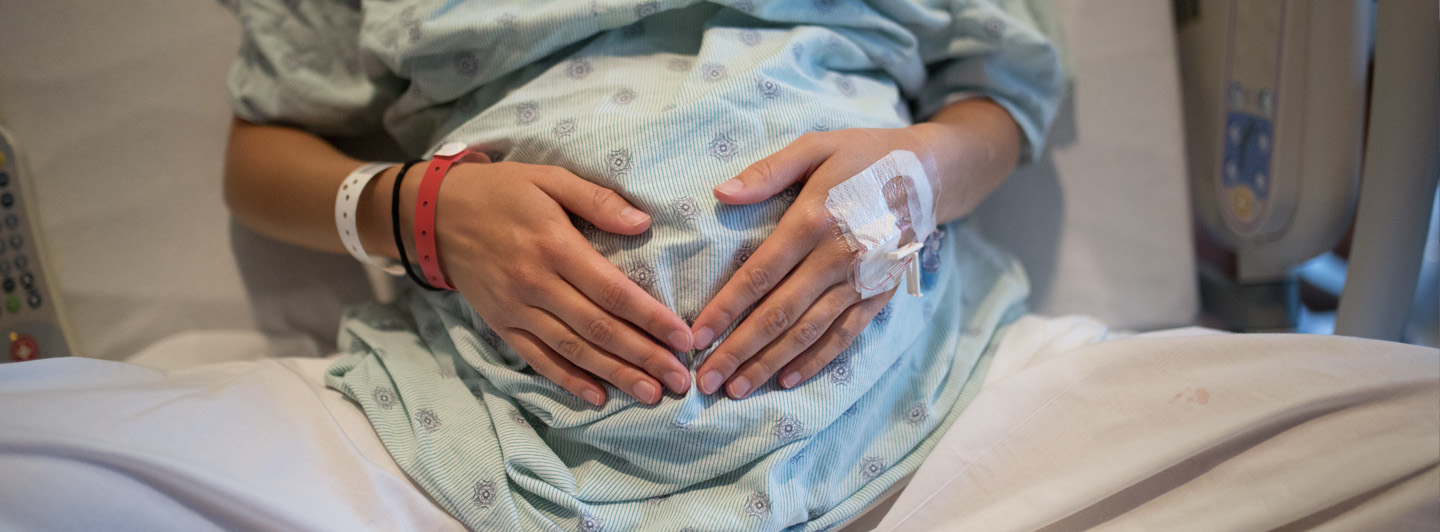Overview
No state has been as profoundly affected by the epidemic of substance use and misuse, especially opioid use, as West Virginia. For the last several years, the state’s rate of overdose deaths has been the highest per capita in the country and over double the national rate.
Substance use in pregnancy, including the use of tobacco, alcohol, prescription, and illicit drugs, has long been identified by West Virginia healthcare professionals as a major factor contributing to poor health outcomes for mothers and babies. Current statistics reflect 14 percent of West Virginia infants are born with intrauterine substance exposure. Fifty per 1000 babies born in the state are diagnosed with neonatal abstinence syndrome (NAS). This is significantly higher than the national rate of 7 per 1000 births.
Our Approach
We believe every pregnant and postpartum woman with a substance use disorder deserves compassionate, nonjudgmental care and individualized services. Our programs support healthy outcomes for mothers and babies by providing prevention, early intervention, addiction treatment, and recovery.
“Integrated approaches to care that combine the medical and nursing team, behavioral health providers, substance use treatment providers, and community resources into a seamless partnership are critical to providing the best care for mothers and babies affected by substance exposure.”
– Janine Breyel
Deputy Director, WVPP
Resources
Evidence-Based Practices Resources Provided through the Substance Abuse and Mental Health Services Administration (SAMHSA)
Preventing the Use of Marijuana: Focus on Women and Pregnancy
This evidence-based resource guide addresses the established health risks of marijuana use to pregnant women and their children, as well as the expanding evidence base on other potential harms of use during pregnancy.
Clinical Guidance for Treating Pregnant and Parenting Women with Opioid Use Disorder and Their Infants
This Clinical Guide provides comprehensive, national guidance for optimal management of pregnant and parenting women with opioid use disorder and their infants. The Clinical Guide helps healthcare professionals and patients determine the most clinically appropriate action for a particular situation and informs individualized treatment decisions.
Resources Provided through SAMHSA’s YouTube Channel
Fourth Trimester: Serving Pregnant People with Substance Use Disorder Webinar
This webinar highlights promising evidence-based strategies to decrease stigma that pregnant and postpartum people with a substance use disorder often experience, improve screening and linkage to life-saving treatment, and recovery supports for this often vulnerable patient population.
Curated Library About Opioid Use for Decision Makers
National Maternal Mental Health Hotline
1-833-TLC-MAMA (1-833-852-6262)
A 24/7, free, confidential hotline for pregnant and new moms in English and Spanish. This number can be called or texted and provides access to professional counselors, real-time support and information, resources, referrals to local providers and support groups, and interpreter services.
ABM Protocol: Breastfeeding in the Setting of Substance Use and Substance Use Disorder
An updated protocol from the Academy of Breastfeeding Medicine that provides a review of the evidence and makes recommendations related to breastfeeding in the setting of substance use and SUD treatments. Recommendations on nonprescribed opioid, stimulant, sedative-hypnotic, alcohol, nicotine, and cannabis use are included.
WVAAP – Substance Exposure and NAS Education and Outreach
Resources, including a 2023 Project WATCH webinar, are included on this page. The webinar provides an overview of Project WATCH along with information from various speakers on the topics of Neonatal Abstinence Syndrome (NAS) and substance exposure.
WVU – IMPACT WV
WVU’s IMPACT WV program has tested and implemented models of care to strengthen services for families with infants born exposed to substances in utero or diagnosed with NAS living in West Virginia. IMPACT WV uses a two-generational approach, providing services to the child and caregiver with the goal of improving the family environment surrounding the child’s development.
SBIRT for Us—What it is, how and why to Use
Webinar Link
This webinar discusses the importance of using the Screening, Brief Intervention, and Referral for Treatment (SBIRT) model in prenatal care settings and discusses how it can be done effectively.
Care & Service Coordination for Women Identified with Substance Use Disorder (SUD) in Pregnancy
Webinar Link
This webinar provides an overview of best practices for meeting the needs of pregnant and postpartum women with SUD.
Planning for Discharge: Special Considerations for the Mother-Infant Dyad
Webinar Link
This webinar discusses resources that the mother-infant dyad with substance exposure should be provided prior to discharge to ensure best outcomes while transitioning from an inpatient to outpatient setting.
Anti-Stigma Resources
Toolkits
Mothering and Opioids: Addressing Stigma – Acting Collaboratively
By the Centre of Excellence for Women’s Health. This toolkit is designed primarily for substance use and child welfare practitioners, as well as other service providers and health system planners who offer services to, or design services with, pregnant women and new mothers who use substances. The toolkit is organized into four sections that include: Addressing Stigma in Practice, Improving Programming and Services, Cross-system Collaboration and Joint Action, and policy values.
March of Dimes – Stigma: Understanding the Problem
Web page that defines stigma and the problems it produces, provides tools for reducing stigma at work and in the community, and provides additional resources.
Academy of Perinatal Harm Reduction (in collaboration with National Harm Reduction Coalition)
Pregnancy and Substance Use: A Harm Reduction Toolkit
A resource for pregnant and parenting people who use drugs, their loved ones, and their service providers. Provides information that people can use to understand patient rights, help them access services, and find high-quality, evidence-based care. They have an anti-stigma page within this: Reducing Stigma.
If you are an agency or provider who is interested in creating a toolkit for your community, email Erika at erika@perinatalharmreduction.org
Stigma Webinars (Video or Slide Presentations)
Reducing Stigma in Pregnant and Parenting Women with Substance Use Disorders
Webinar slides that describe the unique differences in adverse stigma encounters experienced by women who are pregnant and parenting, discusses the consequences of stigma related to substance use disorders in women who are pregnant and parenting, and examines opportunities to reduce healthcare stigma experienced by women with substance use disorders who are pregnant and parenting.
Addressing Stigma: What Is It and What Can We Do About It?
RCORP (Rural Communities Opioid Response Program) Webinar that provides the foundational information necessary to plan and implement effective anti-stigma strategies. Stigma and internalized stigma are defined and their impact on vulnerable populations. Explores relevant resources, helpful tools, and information on national organizations doing work in this space. (video available from this link as well as the slides for the presentation).
RCORP Anti-Stigma Media Toolkit
This page is dedicated to the RCORP “Be There” Anti-Stigma Media Toolkit. Investing your time with this toolkit could help reduce the stigma surrounding substance and opioid use disorder. You can view and download the various files that comprise the media toolkit. These include images for social media, MP3 files for radio spots, short video clips, and more.
RCORP “Be There” Anti-Stigma Media Toolkit Walkthrough
A 17-minute video that walks viewers through using the RCORP “Be There” Anti-Stigma Media Toolkit.
To address substance use in pregnancy and the alarming rates of Neonatal Abstinence Syndrome, the Partnership has developed a coordinated approach. Explore our collaborative projects:
Drug Free Moms and Babies Program
The Drug Free Moms and Babies Program is an integrated, comprehensive model of care for pregnant and postpartum persons with substance use disorder. The program reaches high-risk, medically underserved women and their infants. Continued success has led to increases in funding and statewide expansion of the program. The project has grown to 23 active programs.
Assessing Prevalence of NAS in Real Time
Numerous efforts to quantify the number of babies in West Virginia diagnosed with NAS historically resulted in frustratingly low numbers that did not reflect the reality of what neonatologists were experiencing in their hospitals. Over time it became apparent that inconsistencies existed in how at-risk infants were identified and diagnosed with NAS across the state. In 2014, the West Virginia Perinatal Partnership convened an expert panel consisting of neonatologists and other pediatric providers, policymakers, and hospital staff to develop standardized criteria for diagnosing NAS.
In 2016, the Partnership in collaboration with state leaders advocated to have questions about intrauterine substance exposure and NAS added to the Project WATCH Birth Score tool. The Birth Score is a risk assessment completed on every baby born in the state. In 2020, additional questions regarding the type of substance used were added to the data collection. The Partnership continues to work closely with Project WATCH, the program that administers the Birth Score and Office of Maternal, Child and Family Health, the state agency that funds Project WATCH to monitor and analyze the data to help influence policy decisions.
Intrauterine Substance Exposure & Neonatal Abstinence Syndrome (NAS)
To improve care of infants at-risk for neonatal abstinence syndrome (NAS), the West Virginia Perinatal Partnership worked with pediatric providers in the state to develop a standardized definition for diagnosing NAS, worked with state partners on a surveillance system to assess the prevalence of intrauterine substance exposure and NAS, and implemented an educational program on best practices for screening, diagnosing and caring for at-risk infants.
This project is funded by WV Department of Health and Human Resources, Bureau for Behavioral Health Claude W Benedum Foundation.
NAS Education Project to Keep Mothers and Babies Together
The Partnership conducts trainings and provides technical assistance to pediatric providers in a variety of inpatient and community-based settings. Evidence-based practices, such as the utilization of non-pharmacological treatment as a first line of treatment to manage neonatal withdrawal symptoms have been shared. The adoption of these modalities encourages mothers to stay with their newborns during the hospital stay.
Education also emphasizes breastfeeding when appropriate. These efforts have helped keep babies in their home communities by not requiring them to be transferred to hospitals with higher levels of care, saving the system money and improving quality by promoting mother and infant bonding.
A new curriculum provides community-based pediatric providers the latest evidence-based information on the effects of intrauterine substance exposure on children and resources available for families affected by this exposure. The education highlights policy changes to WV Project WATCH, specifically notifications being sent to pediatric providers on NAS diagnosis and Hepatitis C exposure. Best practices and evidence-based care for babies and young children affected by maternal substance are shared.
RCORP – NAS WV Rural Community Opioid Response Program
Rural communities experience significantly higher rates of substance use disorder in both the general and pregnant populations while bearing disproportionate socioeconomic burdens such as low incomes and high unemployment.
West Virginia Perinatal Partnership’s RCORP NAS project, funded by the US Health Resources and Services Administration, serves women at-risk for giving birth to an infant with NAS in Greenbrier, Pocahontas, and Randolph counties. The project, which focuses on improving integrated care and care coordination, builds upon the services provided at Drug Free Moms and Babies programs located in the rural service area. WVPP leads a Consortium made up of Davis Medical Center, Greenbrier Physicians, and the West Virginia School of Osteopathic Medicine that guides the activities of the project.
Healthy Expectations Resource (HER) Toolkit
The Healthy Expectations Resource (HER) Toolkit (web-based application) was developed in response to the rising rates of Neonatal Abstinence Syndrome in West Virginia and will help providers care for pregnant and parenting women with substance use disorder, as well as their infants and families. Through the Toolkit, multi-disciplinary providers in West Virginia will be able to locate local resources and access the latest information on best practices for this population.

Weave WV
Weave West Virginia addresses the oft-overlooked intersection of intimate partner violence and substance use disorder, particularly for pregnant and postpartum people. Intimate partner violence, including substance use coercion, is a major barrier to healthcare and social services that often prevents survivors from seeking support.
Our Team

Janine Breyel, BA
Deputy Director
Substance Use During Pregnancy Initiatives
Full Bio

Cara DeAngelis, MPA
Project Coordinator
Drug Free Moms and Babies
Full Bio

Amna Haque, MPH
Project Assistant
Substance Use in Pregnancy
Full Bio

Candice Lefeber, MPH
Special Project Consultant
Substance Exposure and NAS Education & Outreach Task Force
Full Bio

Annie White-Barb, RN, LCCE
Director of Community Health Programs
Community Doula Care
Full Bio

Robin Young, BA, CSAC, QMHP
Program Manager
Weave WV
Full Bio
